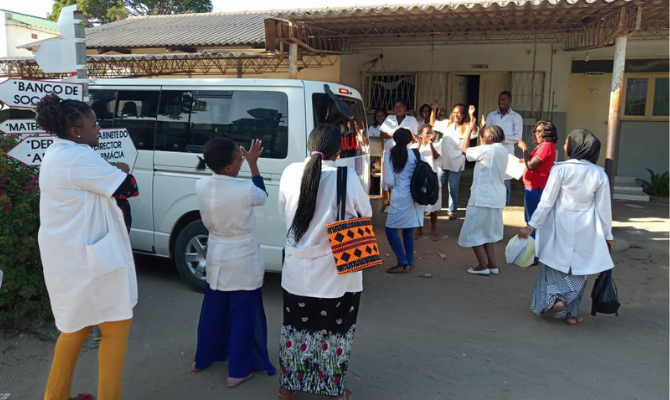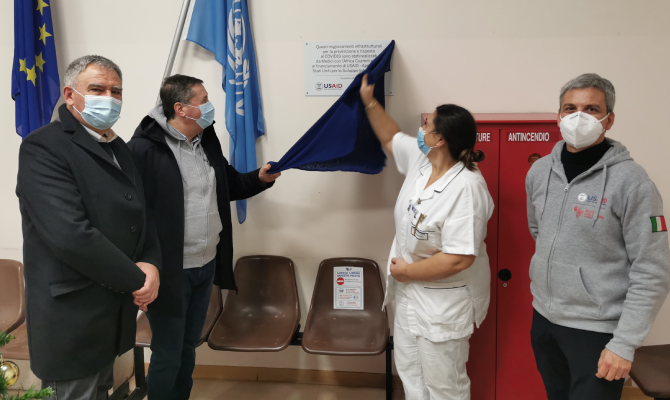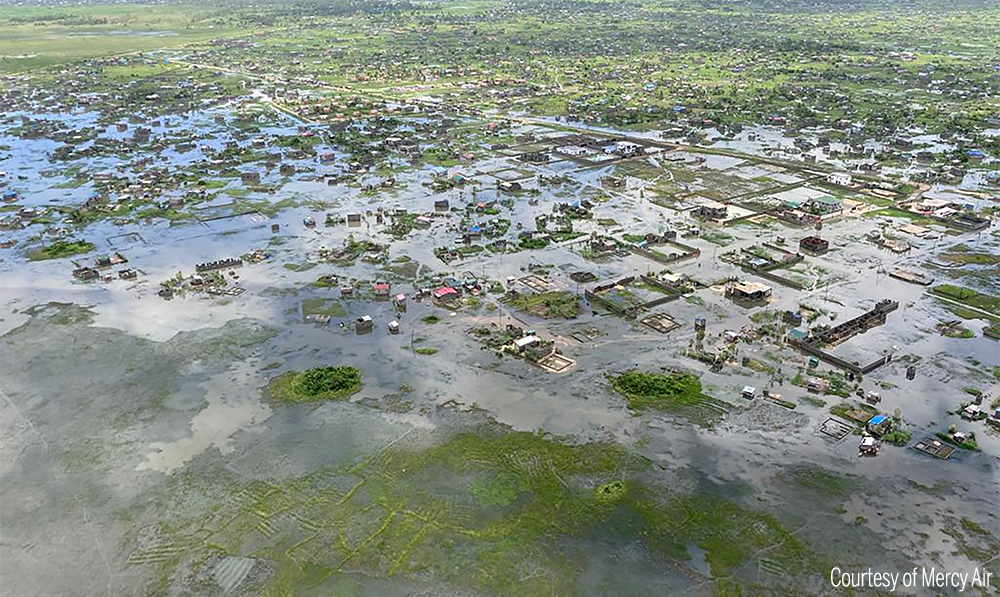Four months after Cyclone Idai hit last March 15, ravaging Beira in Mozambique, work is underway to restore the health system of one of the country’s largest cities, moving beyond immediate emergency management.
Doctors with Africa CUAMM has launched a new project supported by the European Union, through EU Civil Protection and Humanitarian Aid – ECHO, which contributed €400,000 (27.2 million MZN) aiming to provide emergency ambulance transport to the people of Beira, with a special focus on pregnant women and children under five living in Beira’s poorest areas, the hardest hit by the cyclone.
“People affected by Cyclone Idai in Mozambique continue to need support on their way to recovery,” according to Christos Stylianides, the European Commissioner for Humanitarian Aid and Crisis Management. “Our collaboration with Doctors with Africa CUAMM in Mozambique will help get prompt access to primary medical care in the most damaged areas. We are on the front lines to support humanitarian aid and save the lives of those who have been struck by disasters.”
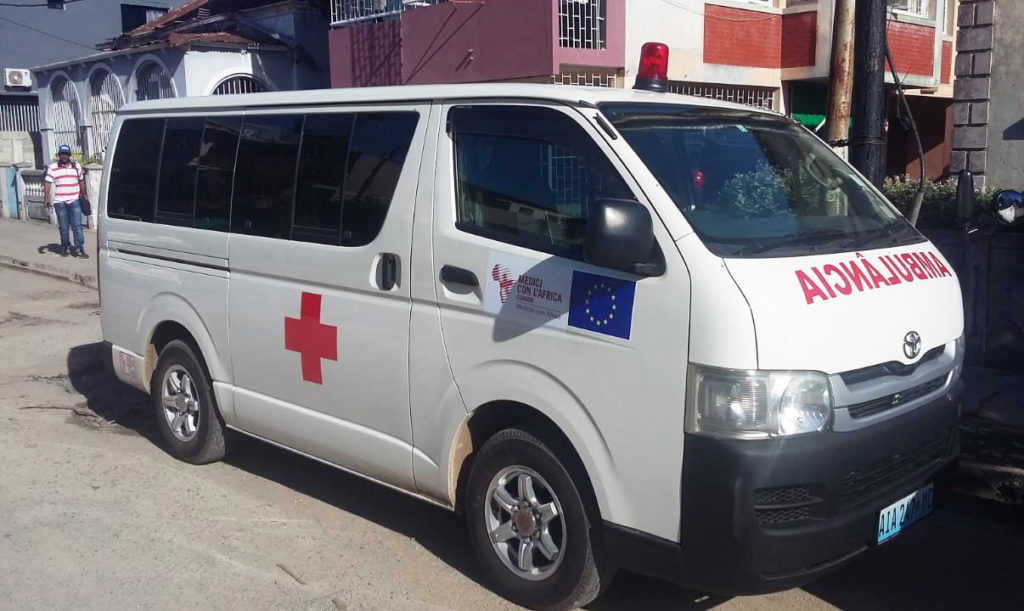
Giovanni Putoto, Doctors with Africa CUAMM’s programming manager says, “The aim is to reach 6,800 people with the project, but the entire population may benefit from the project, involving making 5 ambulances operational to connect all fifteen health centers in Beira with the area hospital. We also plan to train midwives and nurses who work in the peripheral health units in the most populous neighborhoods farthest from the Beira Central Hospital.”
In the days after the Cyclone struck, these nurses and midwives worked 48-hour shifts to keep on providing health care to the local population, which was isolated for days, in the rain, and in need, as Doctors with Africa CUAMM’s volunteers saw.
Cyclone Idai caused more than 600 confirmed deaths, and 1,600 people were injured in Mozambique alone, though it also affected Zimbabwe and Malawi. In March, hundreds of thousands of people had to flee from their homes and go live in camps in non-flooded areas of Beira and other districts (Dondo, Nhamatanda, and Buzi). The houses of the poorest parts of the population, built of easily destroyed mud bricks and sheet metal and straw roofs, and even more solid structures, had their roofs ripped off, such as the Central Hospital of Beira and the Catholic University of Beira, where Doctors Africa CUAMM has been active for years. After the emergency, there is an urgent need to rebuild and return facilities and services to operation.
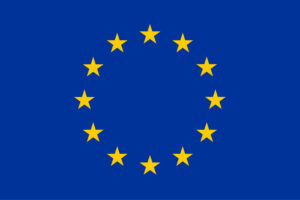
This document covers humanitarian aid activities implemented with the financial assistance of the European Union. The views expressed herein should not be taken, in any way, to reflect the official opinion of the European Union, and the European Commission is not responsible for any use that may be made of the information it contains.

